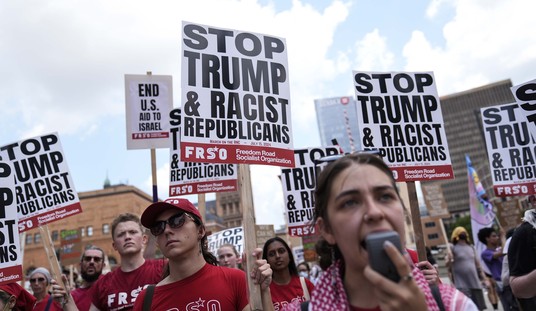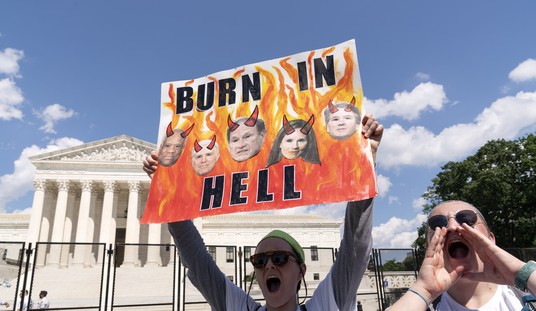“Some Firms Struggle to Hire Despite High Unemployment” reads the headline on this Wall Street Journal article, which notes:
In Bloomington, Ill., machine shop Mechanical Devices can’t find the workers it needs to handle a sharp jump in business. Job fairs run by airline Emirates attract fewer applicants in the U.S. than in other countries. Truck-stop operator Pilot Flying J says job postings don’t elicit many more applicants than they did when the unemployment rate was below 5%.
With a 9.5% jobless rate and some 15 million Americans looking for work, many employers are inundated with applicants. But a surprising number say they are getting an underwhelming response, and many are having trouble filling open positions.
“This is as bad now as at the height of business back in the 1990s,” says Dan Cunningham, chief executive of the Long-Stanton Manufacturing Co., a maker of stamped-metal parts in West Chester, Ohio, that has been struggling to hire a few toolmakers. “It’s bizarre. We are just not getting applicants.”
Employers and economists point to several explanations. Extending jobless benefits to 99 weeks gives the unemployed less incentive to search out new work. Millions of homeowners are unable to move for a job because the real-estate collapse leaves them owing more on their homes than they are worth.
But then there’s this explanation, also in the Journal, from Michael P. Fleischer, the president of Bogen Communications Inc. in Ramsey, NJ, who explains “Why I’m Not Hiring” noting that “When you add it all up, it costs $74,000 to put $44,000 in Sally’s pocket and to give her $12,000 in benefits:”
Companies have also been pressed into serving as providers of health insurance. In a saner world, health insurance would be something that individuals buy for themselves and their families, just as they do with auto insurance. Now, adding to the insanity, there is ObamaCare.
Every year, we negotiate a renewal to our health coverage. This year, our provider demanded a 28% increase in premiums—for a lesser plan. This is in part a tax increase that the federal government has co-opted insurance providers to collect. We had never faced an increase anywhere near this large; in each of the last two years, the increase was under 10%.
To offset tax increases and steepening rises in health-insurance premiums, my company needs sustainably higher profits and sales—something unlikely in this “summer of recovery.” We can’t pass the additional costs onto our customers, because the market is too tight and we’d lose sales. Only governments can raise prices repeatedly and pretend there will be no consequences.
And even if the economic outlook were more encouraging, increasing revenues is always uncertain and expensive. As much as I might want to hire new salespeople, engineers and marketing staff in an effort to grow, I would be increasing my company’s vulnerability to government decisions to raise taxes, to policies that make health insurance more expensive, and to the difficulties of this economic environment.
A life in business is filled with uncertainties, but I can be quite sure that every time I hire someone my obligations to the government go up. From where I sit, the government’s message is unmistakable: Creating a new job carries a punishing price.
And that’s just the way that blue states such as California, and DC itself likes it.










Join the conversation as a VIP Member